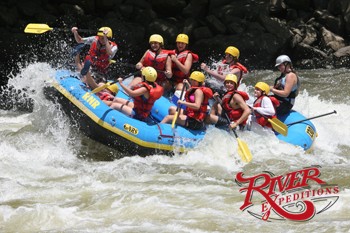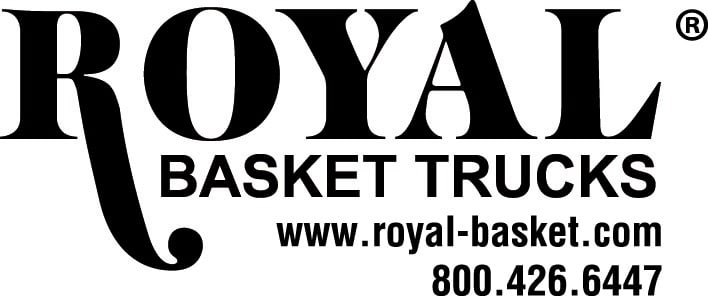By Brian Sigafoos
Learn how organizing recreational sports can be done right. The good news is you don’t have to spend a fortune to start a sports league. The bad news is if it’s your first time organizing a league, there are costs you may overlook.
Facility costs will likely make up about half of your overall expenses. If you own/have a facility, you’re lucky. For everyone else, find a facility before the season. It will save you a lot of time and stress. Finding and booking a facility is both the most important and hardest part of organizing a sports league.
The price of each facility will be different – some are nicer than others, more in-demand, or have restrictions. However, once you find a facility within your budget, make sure it’s close. No one wants to travel 60 minutes to play a 60-minute flag football game. Pick a facility within 20-30 minutes of most players.
Hire Referees/Umpires
Solid refs will make your league great. They keep players safe, happy and having fun. However, they don’t have to be perfect. The best refs are assertive and consistent in their calls. That’s what matters. Give yourself the support you need, hire confident refs.
The job of a referee is to:
- Arrive 10 -15 minutes before games start.
- Know all league rules and regulations.
- Enforce these rules.
- Resolve any conflicts.
Choose Quality Equipment
Buy good equipment. It’ll cost you more upfront, but it’s worth it. Players will have a better experience. Plus, you won’t have to replace worn or broken equipment during the season.
Know the equipment you’re responsible for. A good facility will provide all fixed equipment, including goalposts, basketball hoops, volleyball nets, and line markings. All other equipment is your responsibility. This can include balls, pumps, flags, bats, cones, whistles, and pinnies.
Ask your facility to store your equipment. Avoid bringing equipment to games. You don’t want to forget anything. There’s nothing worse than having players but no ball.
Decide on Uniforms
Rec league uniforms are usually cotton t-shirts and generally cheap. However, if you want to cut costs, wait for a sponsor. They’ll help pay for uniforms. Until then, there are more reasonable alternatives.
In sports where players can easily mistake teams (i.e., basketball, flag football, soccer), buy pinnies to make teams clear. For sports where teams are clear (i.e. volleyball, badminton, baseball), don’t even buy uniforms. Let players wear what they want.
Take Team Photos. Quick!
Make sure to take team photos (with your best camera) the day you hand out uniforms. People forget to bring them after that. Take one serious and one goofy photo. Then post the pictures on social media, asking players to tag and share the photos of themselves.
Build a Community
Run a great sports league from day one, and your league will grow on its own. Word of mouth travels fast. Start by marketing your league to friends and family. Ask them to join your league, if they know of anyone who’d be interested, or if they’ll help spread the word. Even if they don’t become members, friends are free promoters (they’ll work out in your league’s t-shirt!) and great recruiters, too.
Make a Facebook Page
Use the online platform that is right for your league. Too many to choose from? Pick the one that your target demographic uses the most and then stick to it.
That being said, Facebook is the most popular social platform, and it’s likely your players are using it. The goal of your Facebook page is to engage your sport’s community and create content members will like and share.
Create Rules
Create and modify rules based on the atmosphere of your league. If you’re running a social, less competitive league, think about modifying rules. This helps new, less skilled players have more fun. Additionally, you may have to adjust rules due to time or facility constraints.
Whatever the case, make sure teams are aware of all rules and regulations before the season starts. For more competitive leagues, have a pre-season meeting with captains.
Your job is to have rules in place that are clearly stated and consistently applied.
Adults usually play by the rules you set. But there are times when a team tries to add an all-star in the playoffs, gets in a heated argument, or aggressively disagrees with a call. For moments like these, have rules of conduct in place. Clearly define what behaviors result in league suspension or termination.
Promote Sportsmanship
You’d be surprised: just reminding players of proper sportsmanship makes your league better. Setting behavior expectations reduces conflict, keeps games moving, and helps refs.
Sportsmanship guidelines can include:
- Shake hands before and after every match.
- Respect the referee, even when they’re wrong.
- Respect opponents and teammates. Don’t insult them, do help them up.
- Have integrity. Don’t whine, cheat or fake an injury.
- Cheer positively. Don’t tolerate bad behavior from others.
Be the Face of Your League
Make sure you get out there. Go to games. Talk to players. Tell people why you created a sports league and why it’s great. When you develop relationships with people (which they will appreciate), you will quickly learn what’s working in your league and what’s not. Don’t worry, they’ll make sure to tell you.
Have a presence off the field, too. Send weekly emails to players with league reminders and updates. They’ll appreciate the communication.
Stay Organized
Choose software and tools that are an efficient use of your time. Starting out, Google spreadsheets are great for tracking payments, storing player registration, liability waivers, and creating your league’s schedule. Once your league grows, you can create a website or use online registration software to make your life easier.
Organizing a sports league can be a real headache. But just like the game, hard work can be fun. You’ll meet some great people all while organizing the sports you love.
Brian Sigafoos is chief executive officer of Playpass, which provides software for organizing sports, www.playpass.com.














